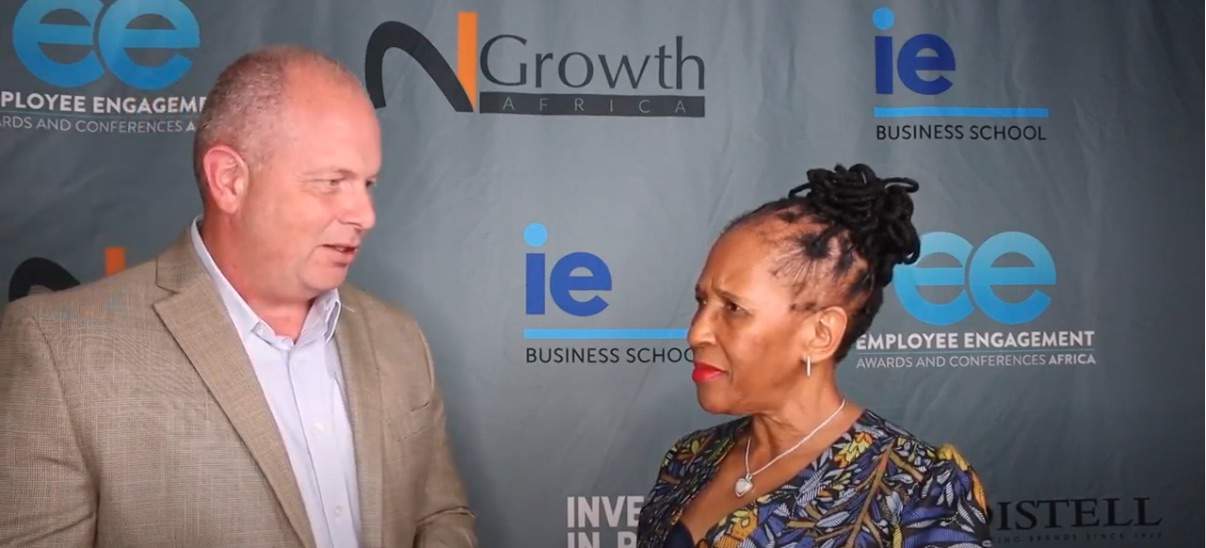Understanding the Role of an Interim Executive
Interim executives come into play when a company needs swift, decisive leadership—whether it’s to address an unexpected gap, navigate a tricky transition, or steer a project requiring specialized skills. These professionals aren’t just temporary leaders; they infuse the organization with fresh perspectives, deep expertise, and a knack for guiding businesses through pivotal moments.
Their impact goes far beyond simply managing the status quo. With their rich experience and dynamic approach, interim executives help companies tackle pressing challenges and rejuvenate their strategy. They bring renewed focus and energy, setting the stage for the organization to push forward and achieve its goals with a fresh outlook. Their presence can transform critical moments into opportunities for growth and success.
More companies are discovering the power of interim executives, who bring a unique blend of strategic insight and hands-on experience. These leaders truly shine when the going gets tough—whether they’re steering through crises, driving major transformations, or leading turnarounds.
Their expertise doesn’t stop at the surface; they dive into redesigning workflows, rolling out new systems, and managing high-stakes projects with flair. They step into critical roles during absences and guide organizations through complexity with skill and confidence. Interim executives don’t just help companies get through rough patches—they empower them to emerge stronger and more resilient.
Strategic Planning for Integrating an Interim Executive
Bringing in an interim executive involves more than just covering a vacant position; it requires preparing them to make an immediate and meaningful impact. A detailed integration plan is critical. Start by immersing them in the company’s structure, culture, and key operations, ensuring they understand both the formal and informal aspects of the organization. Clearly outline their initial priorities and responsibilities, giving them a roadmap for their early days.
Facilitate introductions with key team members and stakeholders to build trust and rapport quickly. Provide them with the necessary tools, data, and support to navigate daily operations smoothly. A well-executed plan ensures the interim executive can hit the ground running, drive meaningful change, and contribute to long-term success from day one.
Strategic planning kicks off the process by setting bold, clear goals and defining responsibilities right from the start. This keeps everything running smoothly and minimizes disruptions, ensuring the organization stays on track. Transparent, open communication between the interim executive and the existing leadership team lays a solid groundwork of trust and collaboration. When everyone’s on the same page, interim leaders can dive straight into what really matters and drive impactful results.
Companies can take this a step further by offering tailored onboarding and continuous support. This ensures that interim executives are prepared and empowered to deliver outstanding results from day one. With the right strategy and support, interim leaders can turn challenges into opportunities and make a significant difference from the moment they step in.
Building Trust with Your New Interim Executive
Welcoming a new interim executive into your organization requires a strong foundation of trust. These leaders often need to hit the ground running—making key decisions, driving change, and leading teams through challenging periods. Establishing trust from the start is crucial for fostering open communication, encouraging feedback, and creating a collaborative atmosphere during transitions.
Transparency is key to building this trust. Management should clearly communicate why an interim executive has been brought in, what their goals are, the expected duration of their tenure, and how their success will be measured. This clarity helps align the team with the interim executive’s objectives.
On the flip side, the interim executive should adopt an open-door policy, welcoming questions and addressing concerns directly. By showing a commitment to openness and collaboration, they can quickly build trust and pave the way for productive teamwork. This approach not only smooths the transition but also enhances the overall effectiveness of the team.
Ensuring Collaboration Between Permanent Staff and Interim Executives
Integrating an interim executive can be a game-changer, but it comes with its own set of challenges, especially when it comes to working seamlessly with permanent staff. To ensure a smooth transition and foster effective collaboration, clear communication and well-defined roles are crucial.
It’s essential to clearly outline the interim executive’s responsibilities, authority, timeline, and role within the team. This clarity eliminates uncertainty, builds mutual respect, and promotes cooperation. When employees understand the interim executive’s role and how they fit into the bigger picture, they’re more likely to support the transition and work together effectively.
Take, for instance, how N2Growth assisted a tech company during a crisis by bringing in an interim executive. By clearly communicating his role, goals, and timeline to the team, they were able to align strategically and build a collaborative relationship that guided the company back on track. This example underscores the importance of transparency and alignment in achieving successful outcomes.
Creating a supportive environment is equally important. Management should foster teamwork through joint projects, team-building activities, and open forums. These initiatives boost morale and encourage a strong sense of collaboration within the company. By focusing on clear communication, defined roles, and a supportive culture, organizations can ensure that interim executives and permanent staff work together effectively, leveraging the interim leader’s expertise while maintaining a cohesive and productive workplace.
Key Take-Aways for Effective Collaboration:
- Clear Communication: Ensure everyone understands the interim executive’s responsibilities, authority, goals, and place in the organization. Clarity builds trust and sets the stage for success.
- Defined Roles: Clearly outline what is expected from the interim executive and permanent staff to foster cooperation and understanding.
- Transparency: Be open about the interim executive’s role and objectives. Transparency encourages buy-in and engagement from the team.
- Open Dialogue: Keep conversations flowing to align efforts and create a collaborative work environment.
- Supportive Management: Encourage collaboration through joint projects, team-building activities, and open forums to boost morale and strengthen teamwork.
When an interim executive is integrated effectively, their unique expertise becomes a powerful asset in navigating transitions or crises. By leveraging their fresh perspectives and specialized skills, organizations can maintain momentum and confidently navigate challenging times. The interim executive’s ability to drive change, optimize processes, and lead teams ensures that the company remains focused and resilient.
Their impact often extends beyond the immediate needs, laying a solid foundation for long-term success. With a well-defined role, clear communication, and a supportive environment, interim executives can manage the current challenges and set the stage for sustained growth and improvement. By harnessing their specialized expertise and fostering effective collaboration, organizations can transform transitional periods into opportunities for lasting success. Contact a partner today to learn more.







